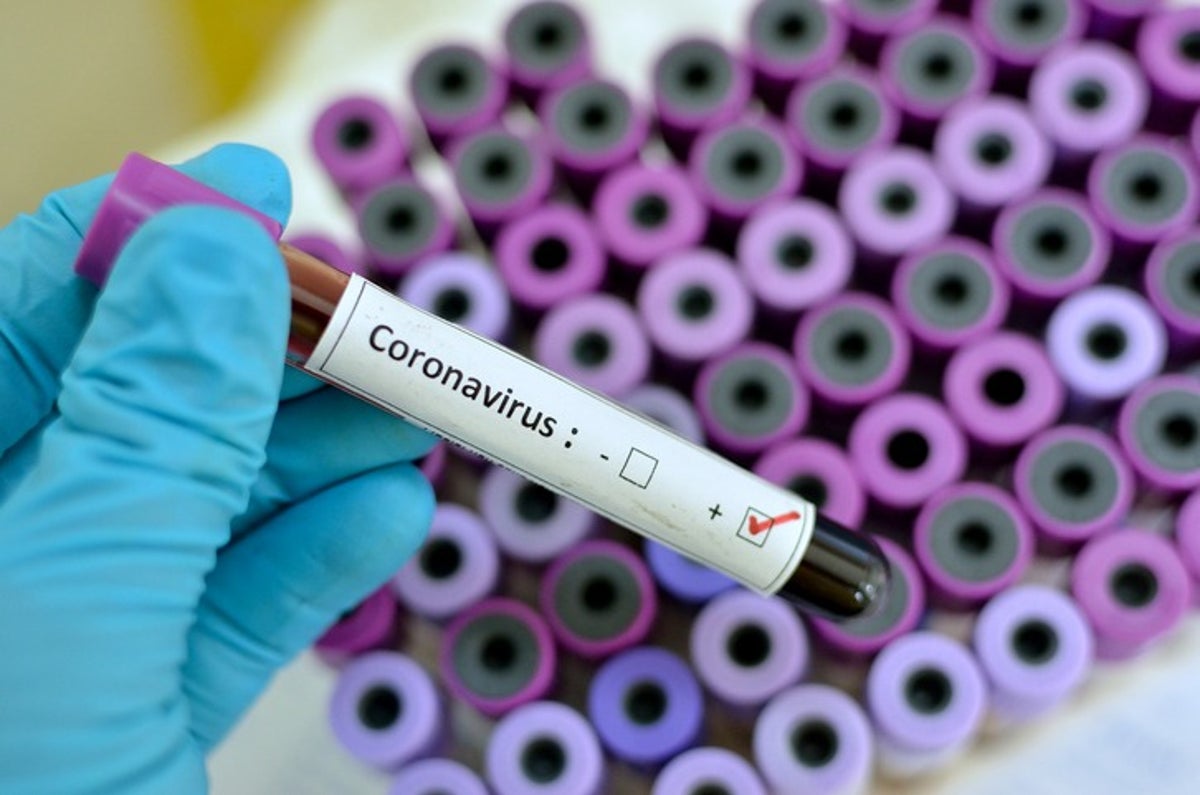America
COVID-19 claims more than 60,000 lives in U.S., says Johns Hopkins University

The death toll from COVID-19 reached nearly 60,200 in the U.S. on Wednesday, and confirmed cases surpassed 1 million, according to Johns Hopkins University.
Some models had suggested the U.S. would not reach this milestone until late summer.
The shuttering businesses nationwide – restaurants, gyms, retail – has led the U.S. economy to shrink 4.8 per cent in the first quarter.
Amid a bleak financial outlook in which the U.S. economy saw its steepest drop since the Great Recession, a mix of both optimism and caution blanketed the country on Wednesday as officials weighed responses to the COVID-19 pandemic.
In New York, Gov. Andrew Cuomo noted that the death rate has declined in recent days but is still disturbingly high.
At least 330 people died across New York State on Tuesday, Cuomo said, down from 335 and 337 the previous days.
“You see the decline has been slow at best, and still disgustingly high,” Cuomo said during a news conference at the state Capitol building in Albany.
Cuomo said he would sign an executive order Wednesday allowing hospitals in some counties in upstate New York to begin elective surgeries again.
Like governors nationwide, Cuomo in recent days has announced a multi-phased approach to reopening.
The state, which has been the U.S. epicentre, has a stay-at-home order that is set to expire on May 15, but it could be extended.
Most of the deaths have been in New York City, where police late Tuesday broke up a massive funeral in Brooklynfor a rabbi.
Nearly 2,500 Orthodox Jewish community members attended the funeral.
New York Mayor Bill de Blasio called the large gathering “unacceptable.”
“When I heard, I went there myself to ensure the crowd was dispersed.
”And what I saw WILL NOT be tolerated so long as we are fighting the coronavirus,” he said on Twitter.
De Blasio later said he was showing “tough love” in expressing anger over the situation.
Meanwhile, in neighboring New Jersey, Governor Phil Murphy announced he would reopen all state parks and golf courses Saturday.
He said social distancing will still be required for the foreseeable future.
Elsewhere across the country Wednesday, governors continued to assess conditions in their states and craft plans for reopening businesses.
Iowa Governor Kim Reynolds said church services with limited capacities could resume in early May.
Several pastors across the country have defied stay-at-home orders, preaching before packed churches.
In Tennessee, retail shops are allowed to reopen at 50 per cent capacity.
Some businesses in Texas began allowing workers to return after Governor Greg Abbott announced this week that on Friday restaurants could reopen at 25 per cent capacity.
In many of these states, the racial disparities in terms of who contracts the virus and dies have been stark.
A lack of access to quality health care, among other things, has led to higher rates of infection in black communities across the country.
A report released by the Centers for Disease Control and Prevention showed that in Georgia, where businesses have almost fully reopened in recent days to the dismay of health officials, nearly 80 per cent of those hospitalised with COVID-19 were black.
“Black patients were disproportionately represented among hospitalised patients, reflecting greater severity of COVID-19 among this population,” wrote researchers at the CDC, which is based in Atlanta.
On Wednesday, Louisiana Governor John Bel Edwards, a Democrat, met with President Donald Trump at the White House.
He’s the latest governor to meet with the Trump – on Tuesday Florida Gov. Ron DeSantis, last week Cuomo – and discuss paths forward in the pandemic.
During the meeting with Bel Edwards, Trump said that social distancing guidelines would be “fading out” in the weeks and months ahead.
Earlier in the week, one of his top advisers on the coronavirus task force, Dr. Deborah Birx, said social distancing would remain in place through the summer.
Edwards extended his state’s stay-at-home order, which was set to expire in the days ahead, to mid-May.
Meanwhile, DeSantis, back in Florida, announced that on Monday portions of the state would see an eased stay-at-home order.
Restaurants and retail shops would reopen at 25 per cent capacity.
But, DeSantis said, three of the most populous counties in the state – Miami-Dade, Broward and Palm Beach – would stay under a strict order for several more weeks to help slow the spread of the virus. Florida has seen 32,800 confirmed virus cases and at least 1,170 deaths.
DeSantis said the state was taking a “very slow and methodical approach.”
“There’s a light at the end of the tunnel,” he said.




 Davido's Net Worth & Lifestyle
Davido's Net Worth & Lifestyle 
